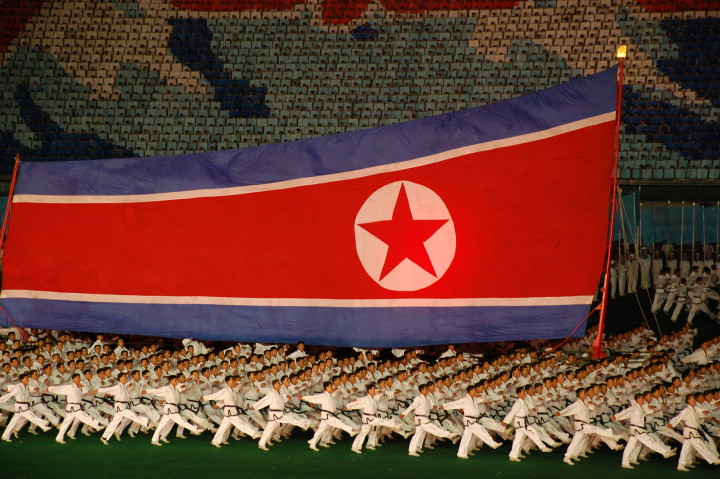September 9, 2016: North Korea today confirmed that it had conducted its most powerful nuclear test explosion to date, with an estimated yield of 10 kilotonnes, triggering a magnitude 5.3 earthquake. The International Campaign to Abolish Nuclear Weapons (ICAN) – a coalition of non-government organizations in close to 100 nations – strongly condemned this reckless and destabilizing act, which runs counter to the growing tide of international support for a treaty banning nuclear weapons.
“ICAN is urging North Korea and all other nuclear-armed nations to cease immediately the build-up of their nuclear arsenals, and to engage in good-faith negotiations for nuclear disarmament, as they are legally required to do,” said Beatrice Fihn, executive director of ICAN. “We are calling on the international community as a whole to prohibit the use, production, testing and stockpiling of nuclear weapons, just as it has prohibited biological and chemical weapons, anti-personnel landmines and cluster munitions.”
Since the dawn of the atomic age in 1945, more than 2,000 nuclear test explosions have been conducted around the world, with devastating consequences for human health and the environment. While North Korea is the only nation to have conducted such tests in the 21st century, the United States, Russia and China continue to conduct non-explosive nuclear tests, enabling them to enhance their nuclear forces. ICAN strongly opposes all such tests.
“A treaty prohibiting nuclear weapons, even if not universally supported at its outset, would greatly strengthen the global norm against nuclear weapons. It would represent a clear declaration by the international community that nuclear weapons are unacceptable not only for North Korea but for all nations. We will not succeed in stemming the proliferation of nuclear weapons unless we take serious action to eliminate existing nuclear stockpiles,” said Fihn.
More than 15,000 nuclear weapons remain in the world today, with all nine nuclear-armed nations investing heavily in the build-up of their arsenals. As North Korea has pursued its nuclear programme, so too have other nations, often without media scrutiny or widespread condemnation. Last month a UN working group in Geneva recommended that a conference be convened in 2017 to negotiate a “legally-binding instrument to prohibit nuclear weapons, leading towards their total elimination”.
“We are urging all nations to act on this important recommendation in the UN General Assembly this October. It’s beyond time that the international community banned the very worst weapons of mass destruction. Today’s nuclear test by North Korea should be an urgent wake-up call. It is a stark reminder of the volatility of a world armed to the brink with nuclear weapons. We must reject these weapons unequivocally.”










